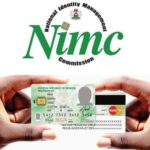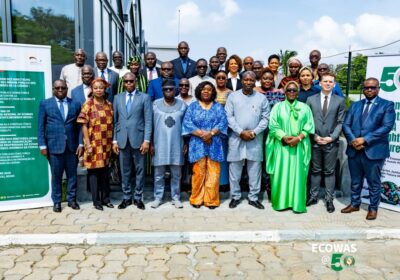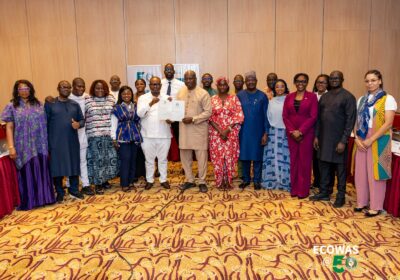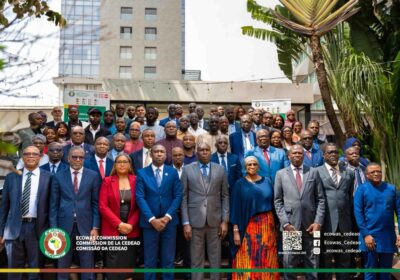Nigeria Unveils New Multi-Purpose Digital ID Card to Boost Access to Services by October 2025
By Raymond Enoch
The National Identity Management Commission (NIMC) has announced that Nigeria will officially roll out a new General Multipurpose Identity Card (GMPC) by October 2025, a move set to transform access to services, financial inclusion, and government programs nationwide.
Speaking at a press briefing in Abuja, a senior official from the Commission confirmed that while the National Identification Number (NIN) remains the foundation of Nigeria’s identity system, the forthcoming digital ID card is being introduced in direct response to growing public demand for a physical, functional identity token.
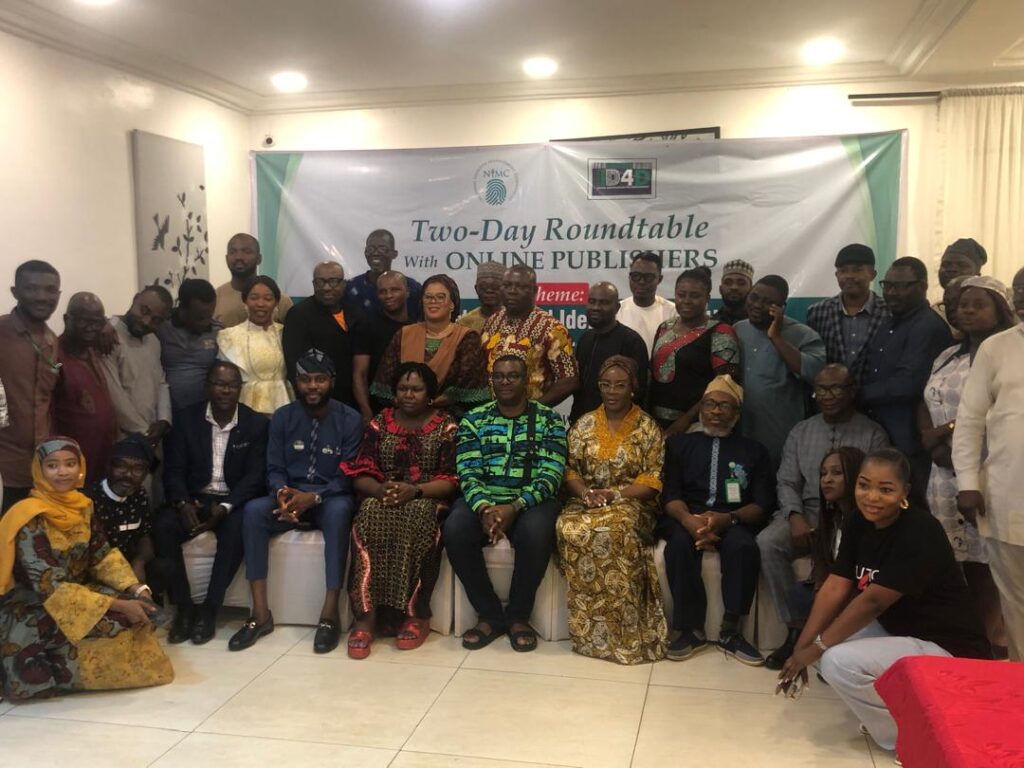
“The NIN has always been the backbone of our identity system,” the official said. “The new General Multipurpose Card is part of a broader mandate to improve service delivery.”
Though the full specifications of the GMPC are yet to be disclosed, NIMC revealed that the card will integrate digital wallet features for government subsidies, credit disbursement mechanisms, and tools to facilitate business and financial transactions.
“It will not only serve as an identification tool,” the official noted, “but also support government programs—especially in agriculture, social welfare, and credit schemes.”
These capabilities are designed to ensure the GMPC becomes more than just an ID, enabling citizens to access subsidies, loans, and a wide range of essential services from both government and private sectors.
To streamline distribution and reduce administrative bottlenecks, the card will be issued through partner banks and relevant government ministries, including the Federal Ministry of Agriculture and Food Security. While NIMC will oversee the identity management component, it will not directly handle mass issuance.
“We’re decentralizing distribution to maintain efficiency and oversight,” the Commission stated.
The GMPC will be available to all Nigerian citizens, while legal residents with a valid NIN may obtain a distinct version of the card that reflects their non-citizen status.
Although there will be a fee associated with obtaining the card, officials reassured the public that the cost will be affordable.
“Yes, there are cost implications—particularly for maintaining infrastructure—but it won’t be exorbitant. Our goal is empowerment, not profit.”
Addressing confusion around identity tools, NIMC emphasized that the NIN remains the mandatory and core identifier required for critical services, including banking, telecommunications, and government programs.
“The new card complements the NIN—it doesn’t replace it,” the official explained. “It’s being introduced as a physical extension of the digital ID ecosystem.”
Ahead of the October 2025 rollout, NIMC plans to launch a nationwide media campaign to educate Nigerians on the card’s benefits, eligibility, and usage. The agency reaffirmed its commitment to inclusivity and citizen empowerment through digital identity.
“We want every Nigerian to be identified,” NIMC concluded. “This card will be a powerful tool—not just for identification, but for empowerment.”




